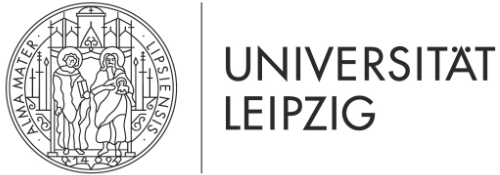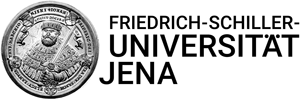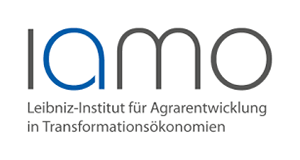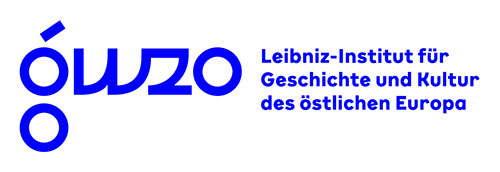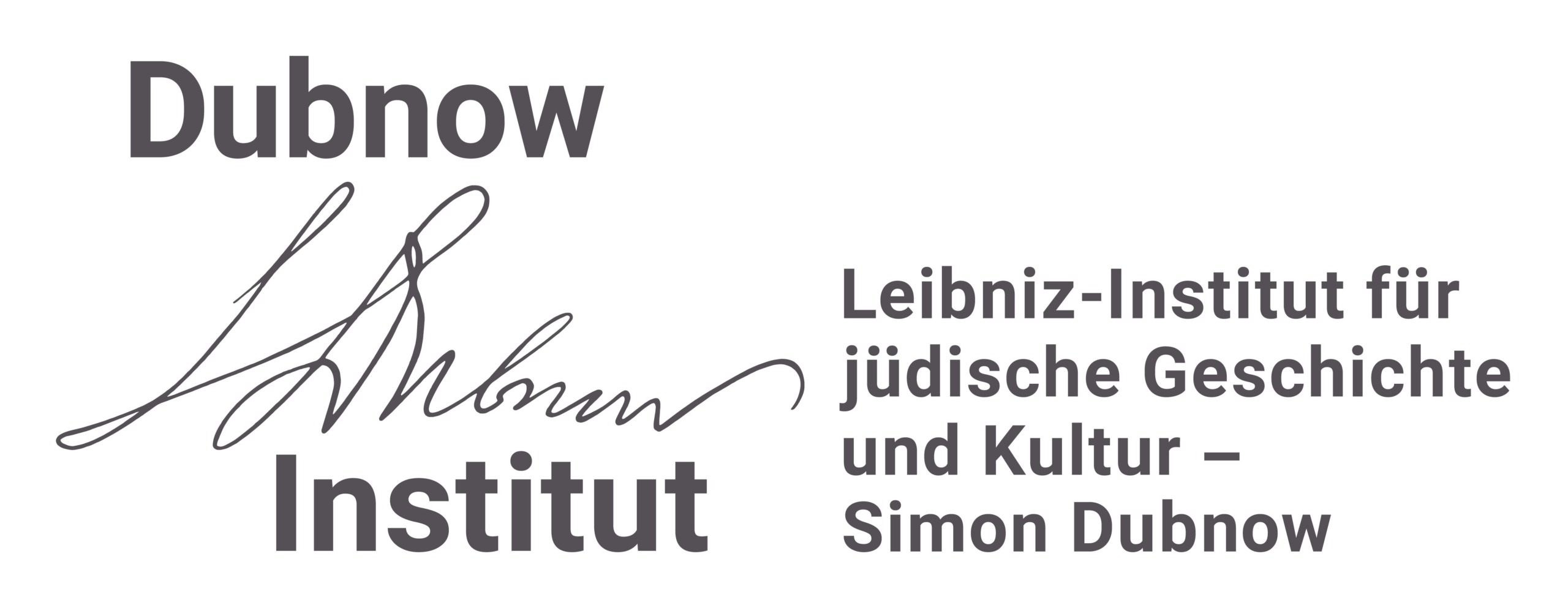Call for Proposals
Call for Proposals as PDF
Deadline Special Sessions: 16th of April 2024
Deadline Paper Abstracts: 20th of May 2024
Aim of the Conference:
The RSA Central and Eastern Europe (CEE) conference themes are renowned for their broad scope, encapsulating an interdisciplinary blend that spans global perspectives and policy-driven discussions. The 2024 Annual Conference of the Leibniz ScienceCampus “Eastern Europe – Global Area” (EEGA) in partnership with the RSA, endeavours to enrich these general RSA themes with a nuanced exploration that is both region-specific and content-focused. This initiative is particularly tailored for professionals in the humanities and social sciences with a keen interest in Southeastern Europe, emphasizing the post-Yugoslav nations and Albania.
Entitled “Unfinished Statebuilding and Contested Democracies,” the conference zeroes in on a curated selection of themes that hold paramount importance for the region amidst the current geopolitical landscape. It delves into critical border policy issues, including migration, global value chains, and the concept of „global connectedness,“ while also shedding light on the role of tourism. The theme “Unfinished Statebuilding” further prompts an examination of the institutional frameworks in place, signalling a comprehensive review of the factors at play.
Additionally, the conference will scrutinize demographic trends as potential catalysts for instability within the former Yugoslav territories, alongside an assessment of social movements and the dynamics of urban politics. This confluence of topics aims to foster a deeper understanding and generate scholarly discourse on the intricate processes shaping the region, offering a platform for academic exchange and policy formulation that is both regionally focused and globally aware.
A collaborative publication along these thematic lines is planned, offering both historical insights and (geo-)political analyses in their interplay.
Outline:
The conference will offer innovative academic work from a range of disciplines (history, human geography, political science, sociology, cultural studies, and neighbouring fields of research). The conference organisers explicitly invite contributions by scholars from Southeastern Europe.
Panels and round table discussions are clustered in two parts: PART I: Contestations and PART II: Politics.
PART I: Contestations
1. Rising (De-)radicalisation and (De-)polarisation
2. Peace and Conflict Cartography
3. Transitional Justice, Contested Memories and Peace Building
4. Migration across and beyond the EU’s External Border
PART II: Politics
5. Urban Politics and Demographic Change
6. Social Movements and Politics of Representation
7. Scholarly Politics of Region Making
8. Beyond Fault-Lines: Cross-Border Cooperations
Part I: Contestations. The first thematic cluster focuses on multiple crises, contestation of borders and conflict (or populism, radicalisation, and polarisation).
[1] Rising (De-)radicalisation and (De-)polarisation: The ongoing tensions between Serbia and Kosovo, the persistent threats to Bosnia and Herzegovina’s stability from Republika Srpska, and the nationalist and religious discord in Montenegro are illustrative of the region’s complex challenges. These multifaceted crises offer fertile ground for research into social movements within the Balkans, such as the synergies among various environmentalist factions, the rise of digital far-right mobilisation, and the gradual erosion of the transitional justice movement. Concurrently, these phenomena are exacerbated by the so-called „authoritarian turn“ witnessed not only in this region but globally, marked by the entrenchment of illiberal democracies and their burgeoning alliances. Additionally, the geopolitical dynamics of the area are intricately tied to the expanding influence of Russia and China, starkly contrasting with the stagnating process of EU accession. This situation is further complicated by several critical factors, including digitalisation, economic downturns, migration patterns (notably the Balkan route), and the impact of the Covid-19 pandemic. Collectively, these elements contribute to an escalating sense of political instability and multifaceted crises across the region. Contributions are sought that documents contemporary crises, yet may also shed light onto more positive outlooks.
A second pivotal theme that warrants exploration within the realm of borders and conflict is the concept of [2] Peace and Conflict Cartography, particularly its varied symbolic and material ramifications within the framework of Bosnia and Herzegovina. The peace negotiations culminating in the Dayton Peace Agreement of 1995 focused on achieving a ceasefire and implementing short-term resolutions. However, the cartographic outcomes—the maps crafted and the mapping techniques employed during these negotiations—have had enduring impacts on the nation’s future trajectory. This theme will delve into the role of maps as pivotal visual intermediaries in conflicts, as well as their potential to lay the groundwork for future disputes. It will examine the dynamics of how delegations and factions rallied around these maps, how the employed technologies, environments, and tools molded their collective outlook, and the eventual manifestation of this vision within the physical landscape over time. Finally, tracing how geopolitical dynamics and the politics of energy transition reorder geographies of peace and conflict in region is a pertinent question which can result in new understandings of bottom-up movements and regional cooperation.
The region continues to grapple with the heavy legacy of past conflicts, setting the stage for discussions on [3] Transitional Justice, Contested Memories, and Peacebuilding. This topic is rapidly evolving and has garnered significant attention in contemporary academic discourse, as evidenced by the work of scholars like Orli Friedmann. Contributions are sought that critically assess the limitations of transitional justice, the politics of memory, and the strategies for peacebuilding in the former Yugoslavia. This inquiry extends to the exploration of the long-term repercussions on the current geopolitical context, including the reciprocal obstruction of EU memberships—illustrated by the relations between Croatia and Serbia, or Bulgaria and North Macedonia. Moreover, discussions are encouraged that delve into how recent developments—such as debates on EU accession, digitalisation, migration, and economic challenges—might exacerbate historical fault lines. These include the violent legacy of the Yugoslav wars, interethnic discord, varied geopolitical loyalties, and the fragile statehood following the Dayton Agreement. Papers are invited to explore these dimensions, offering insights into how contemporary processes might intensify the complexities born out of the region’s tumultuous past.
The conference also tackles critical concerns such as [4] Migration across and beyond the EU’s External Border. We are calling for papers that explore issues related to precarisation and labour migration, including aspects of labour rights, out-migration and its impact on demographic shifts, as well as social inequality and poverty within the region. Additionally, we are interested in current strategies employed to mitigate the scarcity of skilled labour through recruitment initiatives (such as the Western Balkans regulation) and efforts aimed at attracting young individuals. The discourse will also cover emigration regimes and their effects on both the sending and transit countries. Attention will be given to dimensions that extend beyond the geopolitical, ensuring a holistic examination of migration and its multifaceted impacts.
Part II: Politics
In thematic cluster II, our focus broadens to encompass the contemporary political dynamics of the region, examining aspects such as the current state of democracy, issues of state capture and corruption, as well as urban politics and the politics of representation. We invite contributions that emphasize bottom-up approaches and adopt decolonial perspectives, encouraging analyses that highlight grassroots movements and challenge traditional power structures. This segment aims to offer a comprehensive view of the region’s political landscape, fostering discussions that bridge academic inquiry with real-world applications.
Panels are encouraged to delve into the complexities of [5] Urban Politics and Demographic Change, exploring a spectrum of issues from urban governance and metropolitan dynamics to economic development and varying economic paradigms. These contributions aim to dissect demographic trends, including aging populations and selective migration patterns, while paying particular attention to the youth – their career choices, migration inclinations, aspirations, and the negotiation of their prospects or lack thereof. In the realm of urban politics and development, a special focus is placed on the city of Dubrovnik, notably as a locus of mass tourism. Papers are sought that critically analyse Croatia’s economic reliance on tourism, a subject of significant importance and debate within the nation, alongside considerations of sustainability. Additional topics of interest include the history of tourism, as exemplified by scholars like Hannes Grandits in the “History of Southeast Europe”, anti-tourism sentiments particularly concerning the impacts of cruise tourism on coastal towns, and the emerging trend of „dark tourism“ – a fascination with sites of historical atrocities and memory, such as the Sarajevo tunnels and the Srebrenica memorial, which are garnering increasing visitor interest. Contributions are encouraged to review both historical and contemporary developments, scrutinizing changes and contestations within urban landscapes. Papers that explore Dubrovnik’s role as a pivotal centre for migration, knowledge exchange, and its university as a significant academic beacon are also welcomed. Reflecting on the Cold War era, Dubrovnik, and Yugoslavia at large, served as intermediaries, notably within the framework of the Non-Aligned Movement (NAM), with Dubrovnik acting as a venue for international dialogue in 1989.
Exploring the landscape of change necessitates fresh insights into topics like [6] Social Movements and Politics of Representation. We invite scholarly contributions that scrutinize the portrayal of the region through the dominant Western European and American lens, while also considering research focused on Southern Eastern Europe, where places like Kosovo or Albania are often relegated to the margins. Panels are designed to challenge Balkanic stereotypes and to highlight the region’s progressive, creative, and dynamic aspects. From a decolonial standpoint, the conference seeks presentations on feminist and civic movements, as well as discussions on the threats faced by minority rights. Additionally, contributions are encouraged to view the Balkans as an inspiration for discussions on race and coloniality, drawing on works like Rexhepi’s “White Enclosures”. This approach aims to broaden the discourse, fostering a comprehensive understanding of the region not just in terms of its historical and geopolitical significance, but also through its contribution to global narratives on decolonisation and social justice.
In addressing the dynamic processes of conceptualising and re-conceptualising the Balkans within various spatial frameworks, another theme zeroes in on the [7] Scholarly Politics of Region Making. This encompasses the significance of Byzantium in both the construction and politics of identity, as evidenced by works such as „Beyond Balkanism“ (Mishkova, 2018) and „Rival Byzantinums“ (Mishkova, 2022), extending to more contemporary perceptions of the region as simultaneously integral and external to Eastern Europe. The recent endeavours by states that emerged from Yugoslavia to reaffirm their presence within the Non-Aligned Movement (NAM) prompt a re-evaluation of historical and present-day relations within NAM, including considerations of race, solidarity, cooperation, and the legacy of the movement. However, Yugoslavia’s significance transcends historical reference; it embodies a source of nostalgia (Velikonja) and a new realm of memory (Friedman), thus sparking fresh perspectives and imaginations about the region. We invite papers that explore the „Yugosphere“ – the enduring robust social, cultural, and economic connections and exchanges among the post-Yugoslav countries. Under the umbrella of the politics of region-making, it is crucial to avoid treating „the Balkans“ as an unquestioned monolith (see Todorova) and to ensure that, if referenced, it is not merely depicted as a problematic space. This approach encourages a nuanced discussion that challenges conventional narratives and opens up new avenues for understanding the complex tapestry of the region’s identity and connections.
In the spirit of broadening our academic horizon, we finally will turn our attention to a topic that has often been overlooked yet holds significant potential for transformative insights: [8] Beyond Fault Lines: Cross-Border Cooperation in the Balkans. This theme invites an exploration of the myriad ways in which Balkan nations navigate their complex histories and geopolitical landscapes to foster collaborative initiatives and cooperation across national boundaries. We seek contributions that shed light on successful examples of cross-border cooperation, ranging from economic partnerships, environmental projects, cultural exchanges, to peace-building efforts and joint infrastructure developments. Such collaborations provide a counter-narrative to the region’s history of conflict, showcasing the potential for shared progress and mutual understanding. Papers under this theme will examine the mechanisms, outcomes, and challenges of these cooperative endeavours, contributing to a nuanced understanding of the Balkans as a dynamic space of interconnectivity and resilience. This exploration aims to highlight the constructive and hopeful aspects of the Balkans, moving beyond traditional narratives of division to celebrate the bonds that forge a path toward a collaborative future.
Call for Proposal as PDF
We invite proposals for panels (special sessions) and individual papers.
Please submit your abstract (up to 250 words and text only) through the RSA submission portal
In the system, please indicate the respective EEGA stream.
